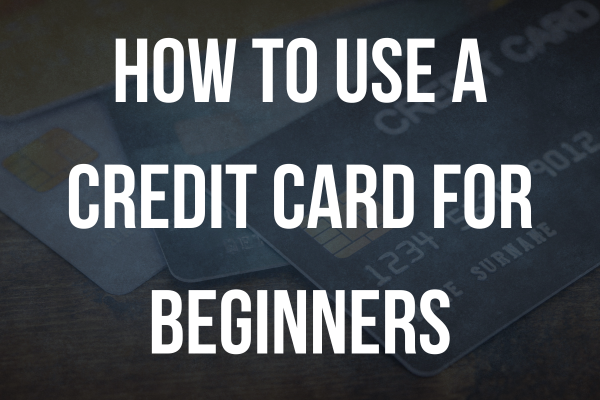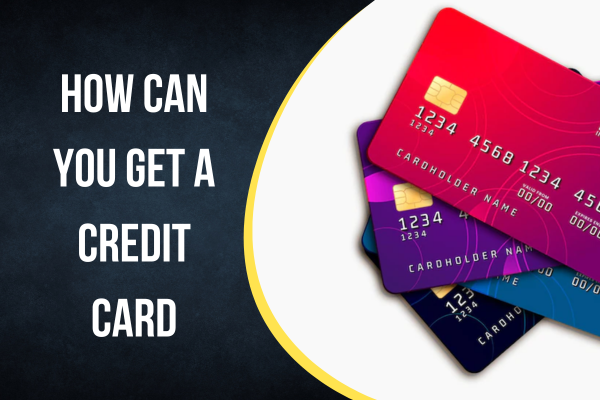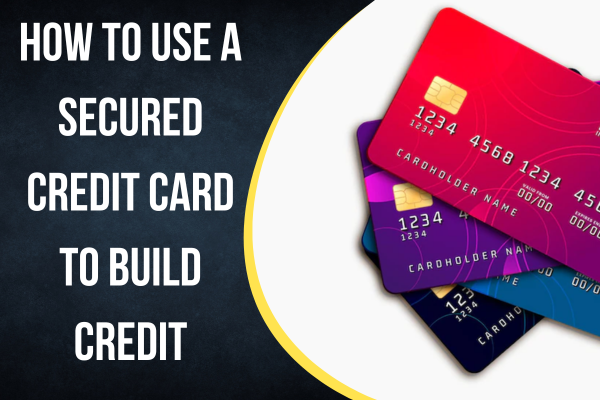Using a credit card for the first time can be overwhelming, but with a few simple steps, beginners can use it to their advantage. First, read and understand the terms and conditions of the card. Create a budget and track your spending to avoid overspending. Make on-time payments to maintain a good credit score and avoid late payment fees. Avoid cash advances and use balance transfers carefully. Lastly, monitor your credit score regularly to track your progress. By following these tips, beginners can use a credit card responsibly and effectively.
Credit cards can be a convenient and useful tool when it comes to managing your finances. However, if you’re new to credit cards, it can be easy to get overwhelmed and fall into financial traps. To help you avoid these pitfalls and get the most out of your credit card, here’s a beginner’s guide on how to use a credit card:
How to Use a Credit Card for Beginners
- Understand Your Credit Card Terms and Conditions
Before using your credit card, it’s important to read and understand the terms and conditions of the card. This includes the interest rate, annual fees, and any other fees or charges associated with the card. Make sure you understand the payment due date and minimum payment requirements, as well as the consequences of missing payments or exceeding your credit limit.
- Create a Budget
Creating a budget can help you manage your spending and avoid overspending with your credit card. It’s important to only use your credit card for purchases that you can afford to pay off in full each month. This will help you avoid accumulating interest charges and falling into debt.
- Track Your Spending
Keeping track of your credit card spending is essential for staying within your budget and avoiding overspending. Most credit card issuers offer online account management tools, which allow you to track your transactions and monitor your account balance. You can also use budgeting apps to help you keep track of your spending across all of your accounts.
- Pay Your Bill on Time
Making on-time payments is crucial for maintaining a good credit score and avoiding late payment fees. Set up automatic payments or reminders to ensure that you pay your bill on time each month.
- Avoid Cash Advances
While credit cards can be used to withdraw cash, this should be avoided if possible. Cash advances often come with high fees and interest rates, which can quickly add up and lead to debt.
- Be Careful with Balance Transfers
Balance transfers can be a useful tool for consolidating high-interest debt, but they should be used carefully. Make sure you understand the terms and fees associated with the balance transfer, and have a plan to pay off the transferred balance before the promotional period ends.
- Monitor Your Credit Score
Using your credit card responsibly can help you build a good credit score over time. Monitor your credit score regularly to make sure it’s on track and report any errors or inaccuracies to the credit bureau.
Also Check-
- Why is My Card Not Supported on Cash App
- How to Transfer Amount from Credit Card to Bank Account
- Definition and Basics of Credit Card EMI
- Definition and Basics of Credit Card EMI
In conclusion, using a credit card can be a great way to manage your finances and build your credit score. However, it’s important to use your credit card responsibly and avoid overspending. By following these tips, you can make the most out of your credit card and avoid common pitfalls.





Leave a Reply